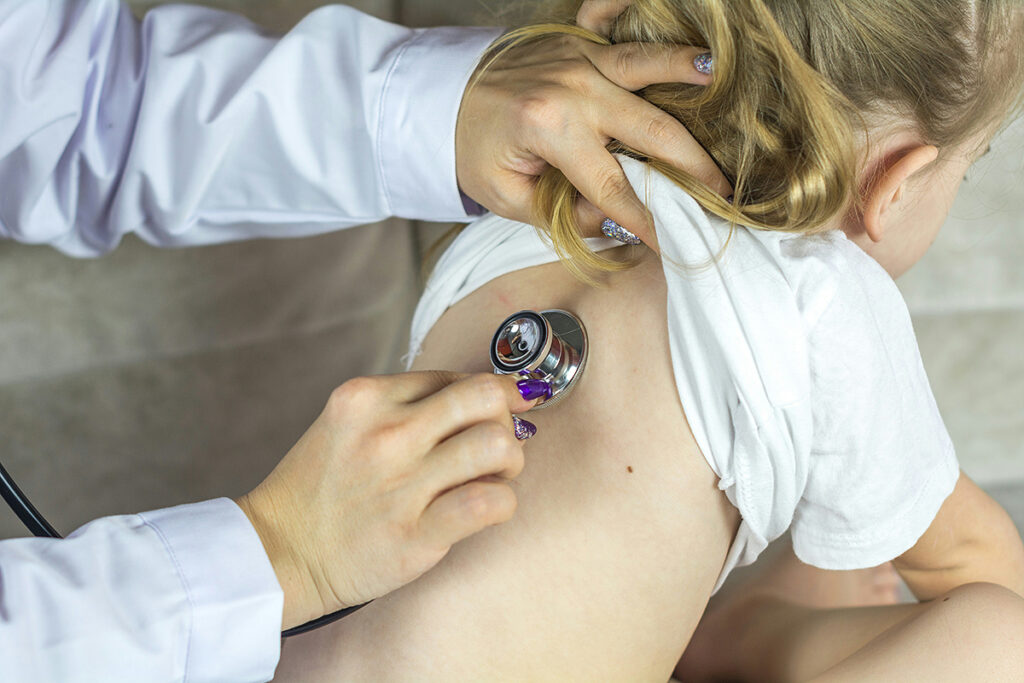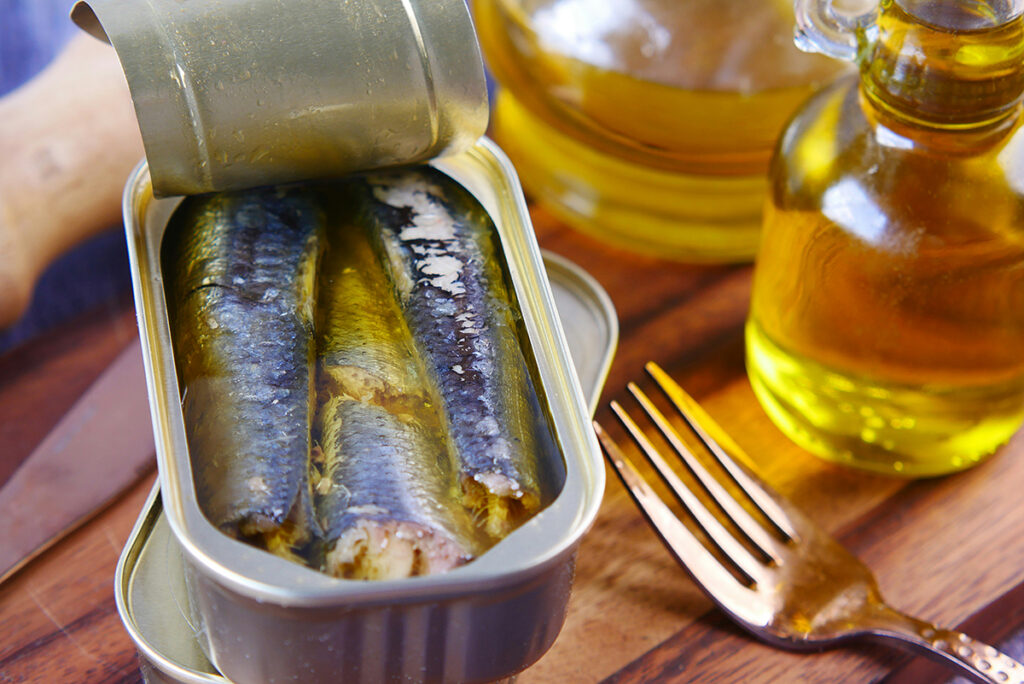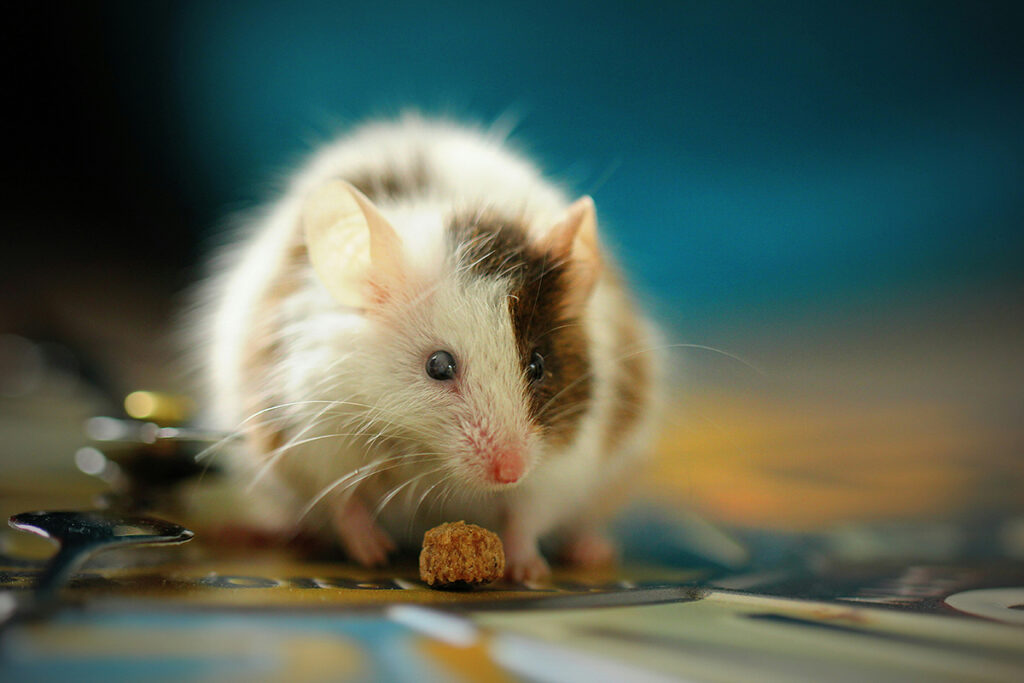People have consumed caffeine in coffee, tea, and drinks containing cola and cocoa for centuries. Caffeine is also used for medicinal purposes – it is found in analgesics and cold remedies.
Caffeine is very similar to the bronchodilator theophylline, which is taken to widen the airways and relieve asthma symptoms such as wheezing, coughing, and shortness of breath. In addition, theophylline and caffeine are methylxanthines that reduce respiratory muscle fatigue.
Does caffeine improve lung function in asthma patients? A Cochrane review and meta-analysis highlight this issue.
The review included 7 randomized controlled trials involving 75 adult patients with mild to moderate asthma:
- 6 studies (55 participants) compared the effects of caffeine and placebo;
- 1 study (20 participants) compared the effects of regular and decaffeinated coffee.
Patients were given oral caffeine/placebo/decaffeinated coffee. Caffeine was administered in various doses:
- low – 5 mg/kg of body weight;
- high – from 5 to 10 mg/kg of body weight.
Meta-Analysis Results
Caffeine at high doses significantly improves lung function within two hours of ingestion, confirmed by spirometry data:
- forced expiratory volume in one second (FEV1) – reflects the state of the large airways;
- average volumetric velocity (SOS25%-75%) – demonstrates the form of small airways;
- Airway Conductivity (Gaw/VL) – shows the airway’s ability to pass air.
For SOS25%-75%, the effect will last more than four hours. For FEV1 and Gaw/VL, the effect disappears two hours after caffeine ingestion.
In one study, four out of nine participants reported improved breathing after taking a high dose of caffeine. In the placebo group, no improvement was noted. The effect of bronchial dilatation was observed even after taking a low dose of caffeine – 5 mg/kg.
Exhaled nitric oxide (FeNO) is measured to diagnose airway inflammation in patients with asthma. Caffeine does not affect FeNO.
Caffeine reaches peak serum levels 45-60 minutes after ingestion. However, a clear difference between caffeine and placebo is noticeable even four hours after ingestion.
The side effects of caffeine are similar to those of theophylline: tachycardia, palpitations, nausea and other gastrointestinal disturbances, headache, central nervous system agitation, and insomnia.
Conclusions
Even at low doses, caffeine improves lung function within four hours of ingestion. The expansion of the bronchi is promoted by an amount of one to five cups of coffee. However, it is not known whether tolerance to the bronchodilatory effect of caffeine develops with chronic use.
Patients should not drink coffee for four hours before taking a lung function test. If the test results are better than expected, doctors may prescribe a lower dose or a weaker medication than needed, which may reduce the effectiveness of asthma treatment.
Drinking coffee before taking the FeNO test does not affect the results.
Useful article, necessary information? Share it!
Someone will also find it useful and necessary:



